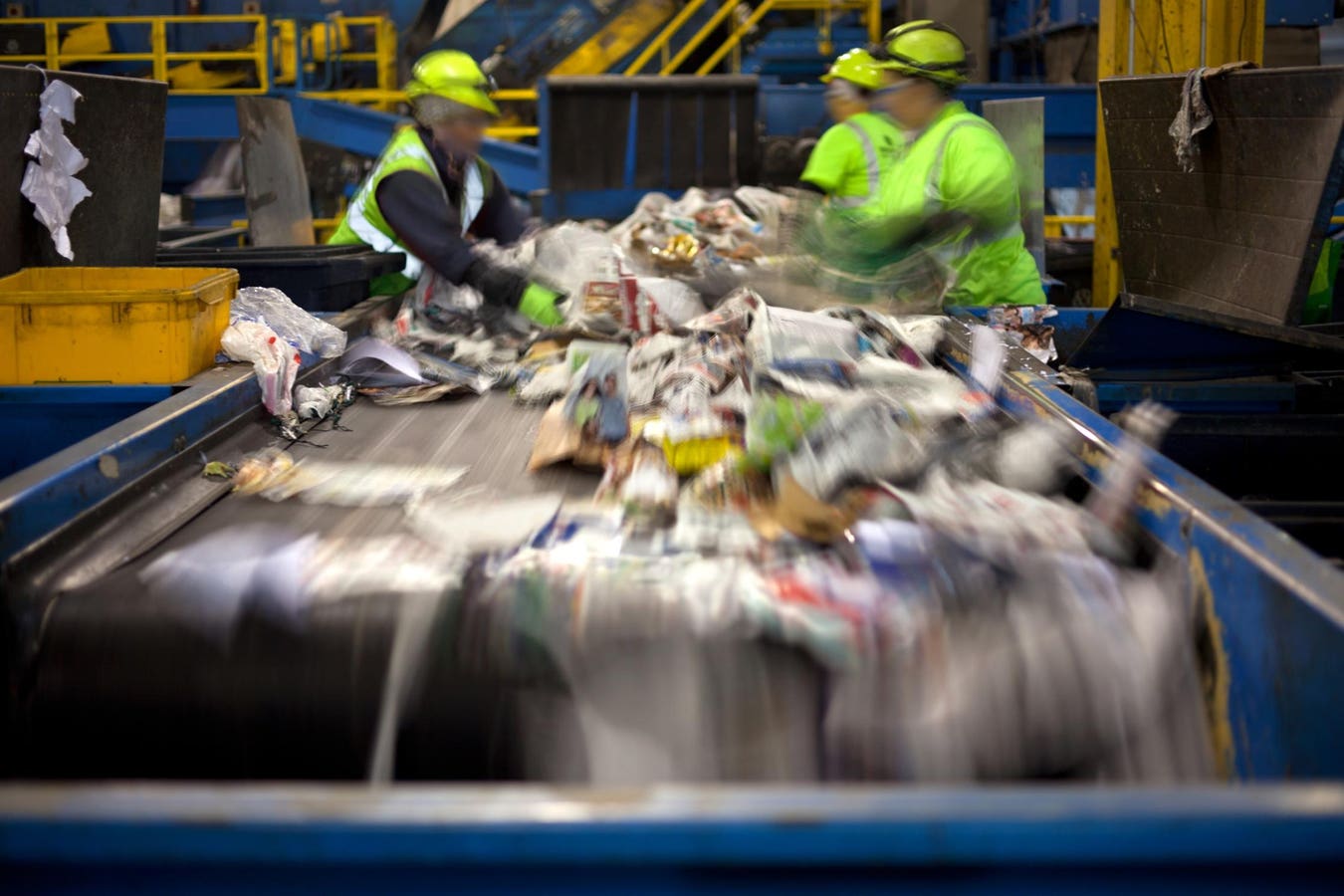In the middle of January in the Norwegian capital, startup Sensorita, the Norwegian recycling industry Avfall Norge, and the startup accelerator Startuplab launched the first-ever Trash technology meet-up, to discuss how to help the waste industry in the circular and digital transformation they are going through.
Waste is one of the most significant challenges of our time and the volumes of waste is projected to double by 2050. In Europe, more than 30% of waste is still landfilled, while recycling rate varies across nations.
“Waste companies have to understand what is their role in the circular economy still,” said Ulrikke Lien, ceo and co-founder of the startup Sensorita.
With “trash tech”, she and the other organisers aimed to promote a new tech sector that groups technologies that address the challenges associated with waste disposal, recycling, and overall waste management. This could include innovations such as smart waste bins, sensor-based monitoring systems for waste collection, blockchain applications for transparent and traceable recycling processes, or advanced robotics for sorting and processing recyclables.
The Oslo-based startup Sensorita develops sensors monitoring digital twins of waste containers to streamline waste management and increase recycling. “We fall under several techs such as deeptech, contech, proptech, cleantech,” said Lien, “we have not once met a potential customer through these ecosystems.”.
Technology can answer many of the problems the industry is facing. A peculiarity of the waste sector is that companies’ profits do not heavily increase as more trash is handled: “We are not interested in having more trash (to collect),” said Stian Haarvik Halland, development director at one of Norway’s largest waste disposal companies BIR, “but to be able to have the right resources in order to pass the trash onto the next actor in the waste supply chain”.
Waste companies lack an arena to meet startups who can help their solve their problems, and the sector is missing out on a lot of opportunities due to the lack of recognition of this potential new tech field: “Investors are not familiar with the waste industry and thus hesitant to invest in this space” she told.
Tech and entrepreneurs, she says, are not aware of the major opportunities and need for innovation in this space. Therefore they launched the after work meet-up. Initially they had low expectation, but over 170 people signed up to attend the event.
Karl Liapunov, head of Energy at accelerator Startuplab grouping over 70 startups, said those that have the keys to solve the waste problems are indeed startups. In Norway, more and more young entrepreneurs and students are looking into developing impactful solutions to cut emissions and solve the climate crisis. In the trash tech sector some that can be named aside Sensorita are GRIN, Chappycast and Effisense.
Heidi Hopstock, advisor at Avfall Norge, which groups over 200 waste companies, said the industry has indeed a decisive and important role in making sure that societies shift from a linear to a circular economy. By having worked for the past two years within this branch, she started to ‘see a positive trend’ over waste industries pairing themselves with startups able to deliver solutions for this sector.
Jon Lille-Schulstad, director for business development at waste company Ragn-Sells AS, who partnered with Sensorita, said that working with startups can be beneficial for companies, because the financial risk involved is less, as they need to invest lower capitals and resources to support the development.
Sensorita’s solution is based on artificial intelligence and historical data. According to experts, AI will help the waste industry change, but it won’t be revolutionary just yet, when it comes to covering some some tasks so far handled by human workforce: “It is going to take very long for it to work well enough to sorting different types of trash, it is easier to produce circular products,” said Peter Callister, project manager at Norsk Gjenvinning Renovasjon, an organisation with over 400 employees collecting and sorting waste.
Given the success and the interest, the team behind the first trash tech meeting aims to replicate at even largest scale. Lien said it makes sense that trash tech should start in Norway given ‘it is marking itself a cleantech hotspot’, but she looks as well at Europe, fo a potential future Trash Tech conference.
Read the full article here





